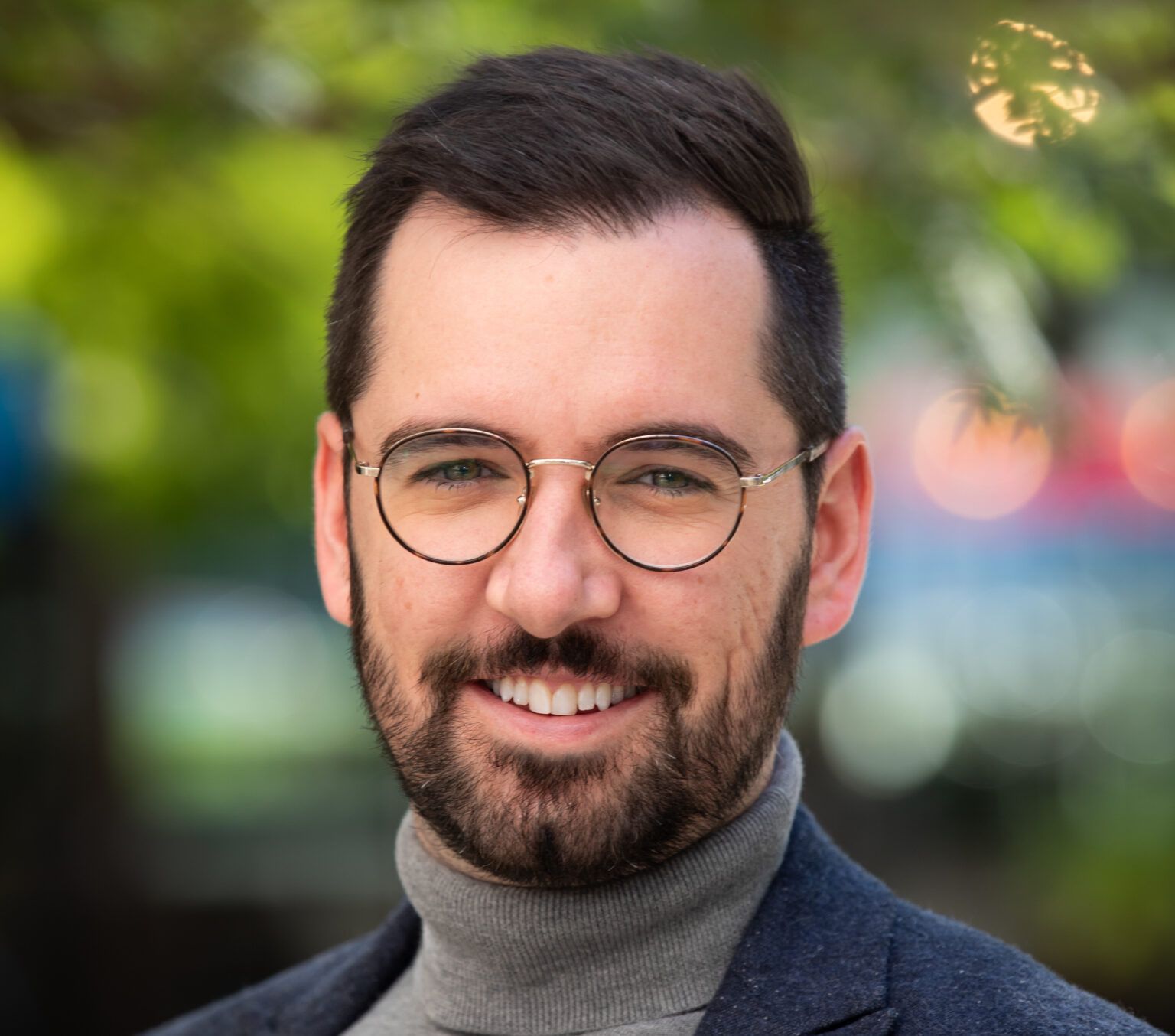About
Dr. Maxime Montembeault is an Assistant Professor in the Department of Psychiatry at McGill University and researcher at the Douglas Research Centre. He received a Ph.D. in Neuropsychology at Université de Montréal in 2018, where he investigated Alzheimer’s disease as a disconnection syndrome and its impact on language systems.
He is a member of Ordre des Psychologues du Québec. He also completed a postdoctoral fellowship at the Memory & Aging Center, University of California in San Francisco between 2019 and 2022, investigating the interaction between language and socio-emotional behavior (connected speech, prosody, social cognition, socioemotional semantics) and their brain correlates in frontotemporal dementia.
His team uses digital cognitive markers and multimodal neuroimaging to investigate linguistic and socio-emotional changes and their brain correlates in aging and neurodegenerative diseases.
